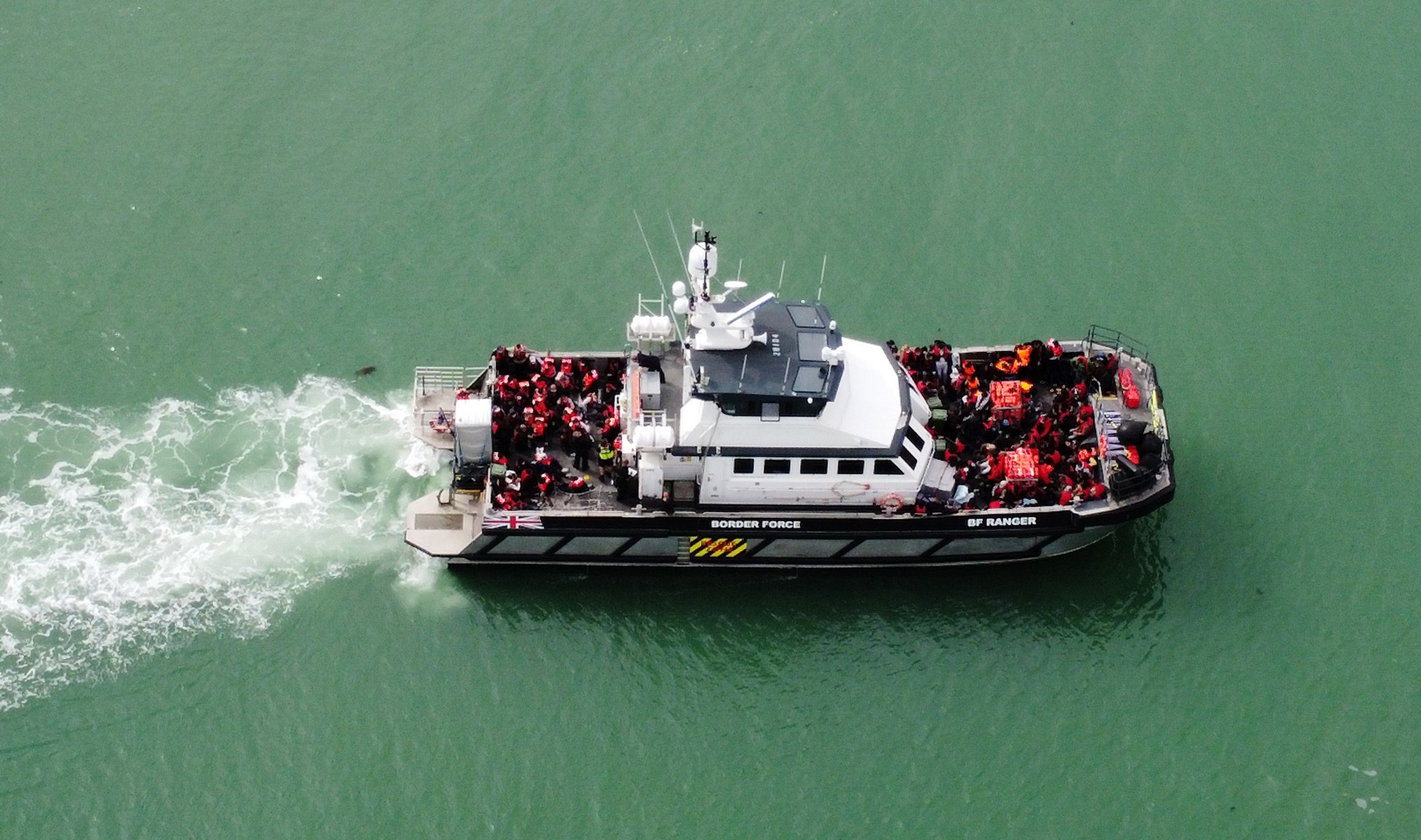Councils to receive more money to get lone migrant children out of hotels sooner
The changes aim to ensure children get the care they need sooner, and reduce the costs of housing refugees and asylum seekers in hotel rooms.

Your support helps us to tell the story
From reproductive rights to climate change to Big Tech, The Independent is on the ground when the story is developing. Whether it's investigating the financials of Elon Musk's pro-Trump PAC or producing our latest documentary, 'The A Word', which shines a light on the American women fighting for reproductive rights, we know how important it is to parse out the facts from the messaging.
At such a critical moment in US history, we need reporters on the ground. Your donation allows us to keep sending journalists to speak to both sides of the story.
The Independent is trusted by Americans across the entire political spectrum. And unlike many other quality news outlets, we choose not to lock Americans out of our reporting and analysis with paywalls. We believe quality journalism should be available to everyone, paid for by those who can afford it.
Your support makes all the difference.Councils will receive extra money to incentivise them to move lone migrant children out of hotels and into their care faster, the Government has said.
Local authorities that move unaccompanied asylum-seeking children (UASC) from hotels to their care within five working days will receive an extra £6,000 per child over three months, the Home Office said.
Previously, councils were expected to move children from hotels into care within 10 working days, under the National Transfer Scheme.
The agonising uncertainty of stays in unsuitable temporary hotel accommodation is very damaging for children who have fled war and violence
The scheme, previously voluntary, was made temporarily mandatory late last year to ensure that councils around the country share the responsibility for looking after unaccompanied youngsters.
This includes those who arrive on England’s south coast after crossing the Channel.
The latest changes aim to ensure children get the care they need sooner, and reduce the costs to the taxpayer of housing refugees and asylum seekers in hotel rooms for months on end – more than £5 million a day.
The extra money applies to councils which provide children’s services and is not ringfenced.
It comes on top of the £143 a day councils receive to support each UASC, and the £270 per week to support former UASC care leavers in their local area.
The Home Office said the Government is working to end the use of hotels for asylum seekers and “fix the broken asylum system”.
Councils will also be required to take enough UASC to make up at least 0.1% of the total number of children in their local area.
Previously, they had been required to take a minimum of 0.07%
It will mean children are “fairly distributed” between councils, the Home Office said.
It did not provide a deadline for when local authorities will need to meet this threshold, but said they would not have to do so “immediately”.
Kevin Foster, minister for safe and legal migration, said: “The Government cannot deal with the impact of the rise in dangerous and illegal small boat crossings alone which is why I welcome the support from councils to help us reduce the cost of hotels and quickly move unaccompanied asylum-seeking children so they receive the care they need.
“Any council which moves a child from a hotel to their care under the new scheme will receive support funding of £6,000 per child for the first three months to give them the best possible start.”
Enver Solomon, chief executive of the Refugee Council, said it is an “unacceptable, serious failure” that traumatised young asylum seekers are accommodated in hotels.
He said: “The agonising uncertainty of stays in unsuitable temporary hotel accommodation is very damaging for children who have fled war and violence and are in desperate need of support and stability.
“We welcome any efforts to address this issue and the recognition of the inadequacy of the situation but there urgently need to be long-term approaches rather than sticking plaster solutions.”